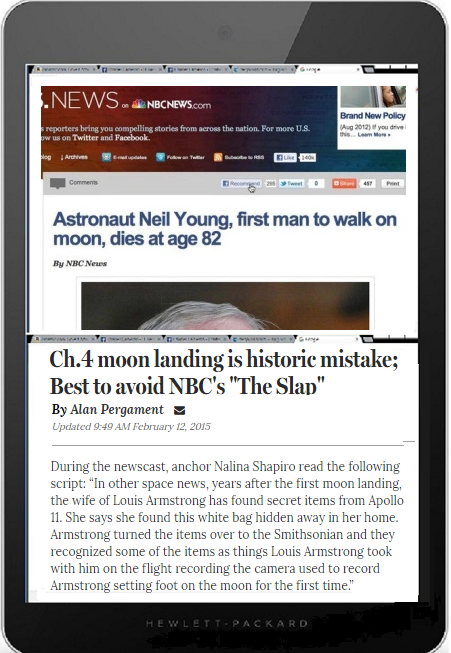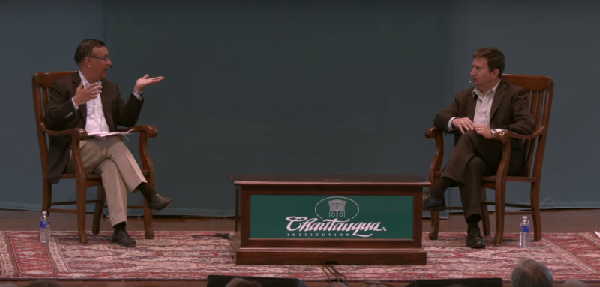Shahbaz Qalandar shrine bombing DoubleQuote
Saturday, February 18th, 2017[ by Charles Cameron — qawwali vs bombing — tragic though this week’s deaths are, music, poetry, and devotion transcend death ]
.
I thought this horrific announcement:
BREAKING: ISIS has claimed the suicide attack on Pakistan's Lal Shahbaz Qalandar Sufi shrine, which killed 40. https://t.co/id4oSZGMmu pic.twitter.com/TBFHcXh4pU
— Amarnath Amarasingam (@AmarAmarasingam) February 16, 2017
deserved a response of a very different order:
**
That’s it, that’s my response.
**
By way of background:
Lal Shahbaz Qalandar of Sehwan, whose shrine in Pakistan was bombed this week, was an Ismaili Shiite poet-mystic, perhaps best understood via his poetry. Shehram Mokhtar in a Master’s thesis on Qalandar writes:
His title of Shahbaz (royal falcon) is associated with him because of the mystical and spiritual heights he attained. This is reflected in his own poetry: “I am the royal falcon, that has no (fixed) place i.e. I am always in flight; I cannot be contained in any place; I am the phoenix, that cannot be restrained in any symbol or form” (Qazi, 1971, p. 26).
Further:
The third title associated with saint’s name is Qalandar. Muhammad Hussain bin Khalaf Tabrizi, the writer of a famous Persian dictionary defines Qalandar as someone “so much spiritualized that he is free from social and customary inhibitions and taboos” (Mohammad, 1978, p.7). Many other references have used terms like, “intoxicated in spirituality” to define the term Qalandar. The title of Qalandar has been associated with three saints, Lal Shahbaz, saint Bu Ali Sharfuddin of Panipat and a female saint Rabia Basri (Mohammad, 1978).
A taste of his poetry gives a taste of the man:
I am burning with Divine love every moment.
Sometimes I roll in the dust,
And sometimes I dance on thorns.
I have become notorious in your love.
I beseech you to come to me!
I am not afraid of the disrepute,
To dance in every bazaar.
Lal Shahbaz Qalandar is both transgressive – a frequently overused term, yet entirely applicable in this instance – and transcendent.
**
It’s not always easy to get a fix on Sufi poet-saints. Consider this tale of Kabir, a Muslim from Varanasi, who obtained initiation from the Hindu saint Ramanand:
One of the most loved legends associated with Kabir is told of his funeral. Kabir’s disciples disputed over his body, the Muslims wanting to claim the body for burial, the Hindus wanting to cremate the body. Kabir appeared to the arguing disciples and told them to lift the burial shroud. When they did so, they found fragrant flowers where the body had rested. The flowers were divided, and the Muslims buried the flowers while the Hindus reverently committed them to fire.
Shahbaz Qalandar’s death seems similarly shrouded in mystery – so much so that the quai-authoritative Wikipedia entry for him reports both “Died: 19 February 1275 (aged 98-99) and “Lal Shahbaz lived a celibate life and died in the year 1300 at the age of 151. “
It is his death – considered as his marriage with the divine beloved – that is celebrated at the three-day urs (literally: marriage) festival, attended yearly in Sehwan by upwards of a half-million devotees, at which the divine love is glimpsed through a dance – the dhamaal – similar in function to, though not the same as, the sama dance of the dervish order order founded by Qalandar’s contemporary, Jalaluddin Rumi. The dancers’ characteristic experience is one of divine intoxication, mast.
It was Qalandar’s shrine / tomb that was the site of the IS-claimed bombing this week.
**
With appreciation & and hat-tip to Omar Ali, and condolences — also to Husain Haqqani, Raza Rumi, Pundita, and all those who live, work and or pray for a peaceable Pakistan.





